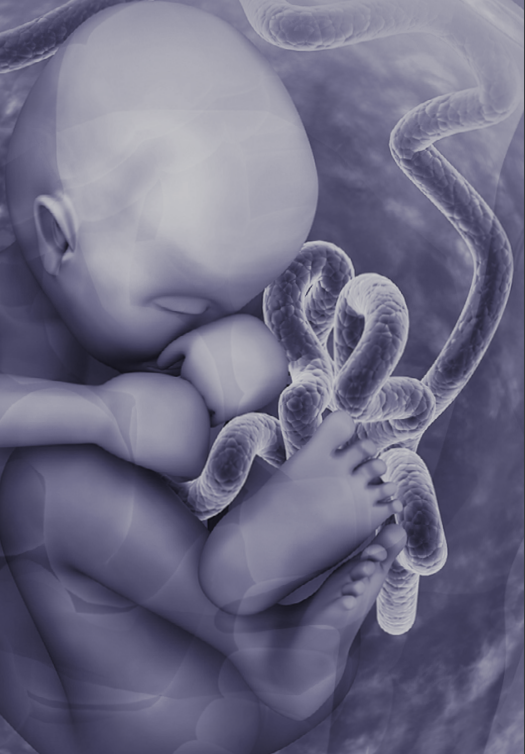Abstract
The importance of prenatal development for a range of outcomes in later life has been established in the literature across different disciplines. In utero or early life exposure to adverse events has been recognized as a potential contributor to a range of diseases in adulthood. In epidemiology, the fetal origins hypothesis posits that later life health is conditioned by circumstances experienced decades earlier, in particular in utero. However, establishing a causal link between early life circumstances and later life health is not easy, in part for example because unobserved characteristics of mothers and families associated with poor un utero environment might also correlate with long term outcomes. In this paper, we propose to analyze the long-term effects of in-utero exposure to the 1958 Asian flu pandemic on a range of markers of accelerated ageing. Participants in the National Child Development Study have been exposed to the pandemic during their second semester of gestation, a particularly sensitive period. We combine evidence using individual level data as well as archival information on variations over time and across regions in influenza severity to identify the health effects of exposure to the pandemic by age 44. We find that in utero exposure has a lifelong detrimental effect on health and ageing. It is associated with higher inflammation and a poorer cardio-metabolic profile overall in midlife. We also document both selection and scarring effects in our sample. These results are important in the context of the recent COVID-19 pandemic, which raised questions about the long-term implications of prenatal exposures to SARS-COV-2 for the health and ageing profile of exposed cohorts.
Contact
sofie.vanherzeele@uni.lu
